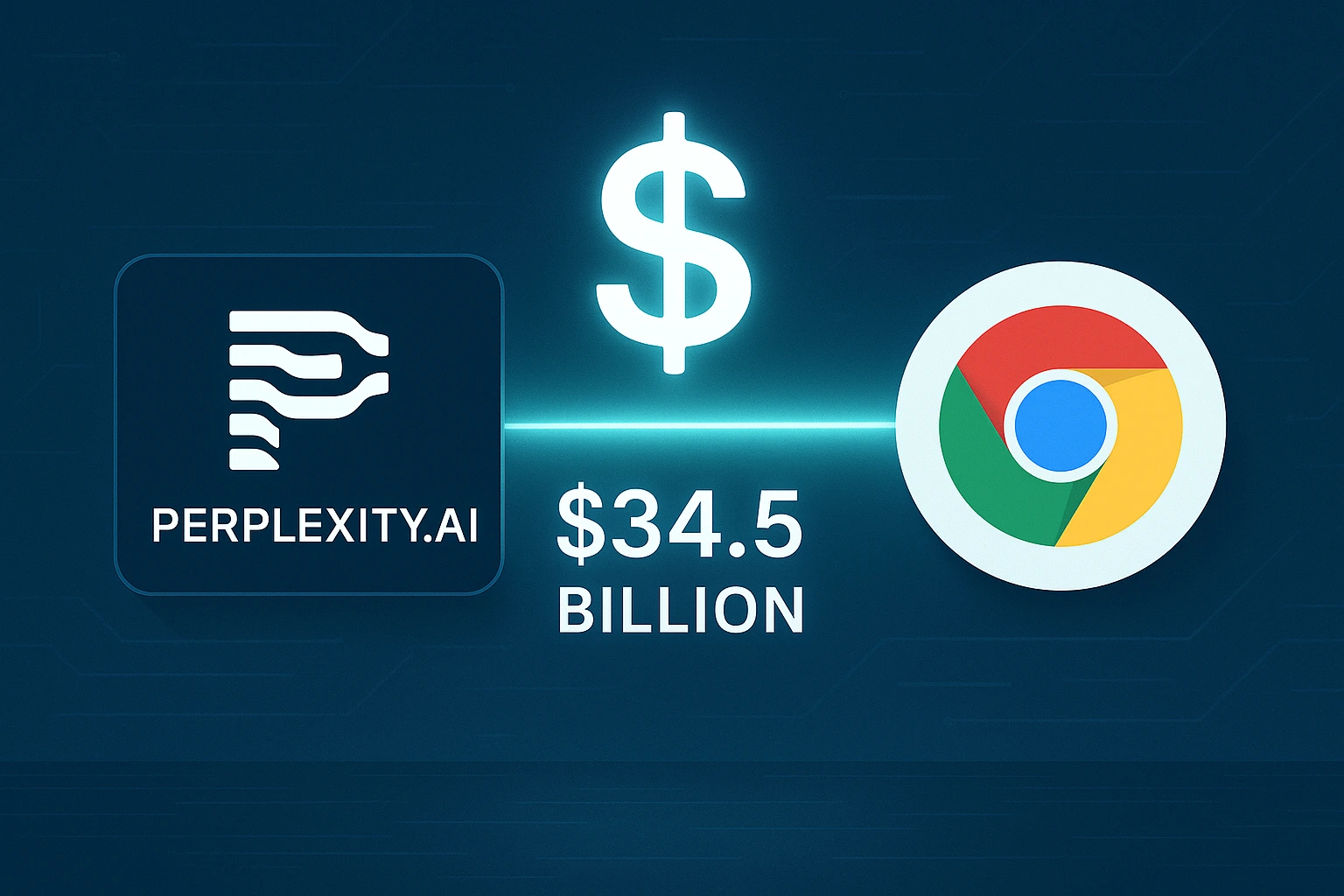Introduction
The financial world is a dynamic landscape, constantly evolving with new opportunities and challenges. Two prominent investment avenues that have captured the attention of both seasoned investors and newcomers are the cryptocurrency market and the traditional stock market. Both offer the potential for substantial returns, but they operate under vastly different principles and come with unique sets of risks. In this blog post, we’ll delve into a detailed comparison of CRYPTO & STOCK, exploring their fundamental differences, potential returns, risks, and suitability for various investment strategies. Whether you’re a novice investor or a seasoned pro, understanding the nuances of these markets is crucial for making informed financial decisions.

Understanding the Basics
The stock market, a time-honored institution, represents ownership in publicly traded companies. When you buy a stock, you’re essentially purchasing a small piece of that company. Stocks are traded on regulated exchanges like the New York Stock Exchange (NYSE) or NASDAQ, and their value is influenced by factors such as company performance, economic conditions, and investor sentiment.
Cryptocurrency, on the other hand, is a relatively new asset class. It’s a digital or virtual form of currency that uses cryptography for security. Cryptocurrencies like Bitcoin and Ethereum operate on decentralized networks known as blockchains, which are distributed ledgers that record transactions. Unlike stocks, cryptocurrencies are not tied to any specific company or government. Their value is primarily driven by supply and demand, technological advancements, and market speculation. Learn more about blockchain technology here.
Potential Returns & Profitability
One of the most alluring aspects of the cryptocurrency market is its potential for explosive growth. In its early years, Bitcoin and other cryptocurrencies saw astronomical returns, turning small investments into substantial fortunes. However, these high returns come with significant volatility.
The stock market, while generally less volatile, offers more predictable and steady returns. Historically, the stock market has delivered an average annual return of around 10%, although this can fluctuate significantly depending on market conditions. Long-term investment strategies, such as dollar-cost averaging, can help mitigate risk and maximize returns in the stock market.
When considering CRYPTO & STOCK, it’s crucial to understand that past performance is not indicative of future results. While some cryptocurrencies may continue to experience rapid growth, others may fade into obscurity. Similarly, while the stock market has historically provided consistent returns, there are no guarantees.

Risk & Volatility
Volatility is a key differentiator between the cryptocurrency and stock markets. Cryptocurrencies are known for their extreme price swings, which can result in significant gains or losses in a short period. This volatility stems from factors such as market speculation, regulatory uncertainty, and technological developments.
The stock market, while also subject to fluctuations, is generally less volatile. Factors that contribute to stock market volatility include economic indicators, geopolitical events, and company-specific news. Diversification and long-term investment horizons can help mitigate the risks associated with stock market volatility.
For investors considering CRYPTO & STOCK, it’s essential to assess their risk tolerance. If you’re risk-averse, the stock market may be a more suitable option. If you’re willing to take on higher risks for the potential of higher returns, cryptocurrency may be more appealing.
Liquidity & Accessibility
Liquidity refers to the ease with which an asset can be bought or sold without affecting its price. The stock market is generally highly liquid, especially for large-cap stocks. This liquidity makes it easy to enter and exit positions quickly.
The liquidity of the cryptocurrency market varies depending on the specific cryptocurrency and exchange. Major cryptocurrencies like Bitcoin and Ethereum have high liquidity, but smaller, less popular cryptocurrencies may have lower liquidity.
Accessibility is another important consideration. The stock market is accessible through traditional brokerage accounts, while cryptocurrencies are typically accessed through cryptocurrency exchanges or wallets. Both markets are increasingly accessible through online platforms and mobile apps, making it easy for investors to participate.

Regulation & Security
Regulation plays a crucial role in the stability and security of financial markets. The stock market is heavily regulated by government agencies like the Securities and Exchange Commission (SEC) in the United States. These regulations provide investor protection and ensure market integrity.
The cryptocurrency market is still in its early stages of regulatory development. While some countries have implemented regulations for cryptocurrencies, others have adopted a more laissez-faire approach. This lack of regulatory clarity can create uncertainty and increase the risk of fraud and manipulation.
Security is another critical aspect of both markets. Stock exchanges and brokerage firms employ robust security measures to protect investors’ assets. Cryptocurrency exchanges and wallets are also implementing security measures, but the decentralized nature of cryptocurrencies can make them vulnerable to hacking and theft. It is important to perform due diligence before selecting an exchange or wallet.

Long-Term vs. Short-Term Investment
The stock market has traditionally been considered a long-term investment vehicle. Strategies like dollar-cost averaging and buy-and-hold are designed to capitalize on the long-term growth potential of the stock market.
Cryptocurrencies, with their high volatility, are often seen as more suitable for short-term trading and speculation. Day trading and swing trading are popular strategies in the cryptocurrency market. However, some investors also adopt long-term strategies, such as holding onto cryptocurrencies they believe have long-term potential.
When thinking about CRYPTO & STOCK, the investor must consider their own investment horizon. If you are looking for long term growth, then a stock portfolio can be a great option. If you have a higher risk tolerance and are looking for short term returns, then crypto could be for you.
Diversification: Can You Invest in Both?
Diversification is a fundamental principle of investing. Spreading your investments across different asset classes can help reduce risk and improve returns. Investing in both the cryptocurrency and stock markets can be a viable diversification strategy.
However, it’s important to understand the correlation between these markets. While they operate independently, they can be influenced by similar macroeconomic factors. Therefore, it’s crucial to carefully consider your asset allocation and risk tolerance when diversifying your portfolio.

Who Should Invest in What?
The suitability of CRYPTO & STOCK for an individual investor depends on several factors, including risk tolerance, investment goals, and financial situation.
- Stock Market: Suitable for risk-averse investors, long-term investors, and those seeking stable returns.
- Cryptocurrency Market: Suitable for risk-tolerant investors, short-term traders, and those seeking high-growth potential.
Investors should carefully evaluate their own circumstances and consult with a financial advisor before making any investment decisions.
Conclusion: Which is a Better Investment?
There is no one-size-fits-all answer to the question of whether cryptocurrency or the stock market is a better investment. Both markets offer unique opportunities and challenges. The best investment for you depends on your individual circumstances and investment goals.
If you’re looking for stability and long-term growth, the stock market may be a better option. If you’re willing to take on higher risks for the potential of higher returns, cryptocurrency may be more appealing.
Ultimately, the key to successful investing is to conduct thorough research, understand the risks involved, and make informed decisions. Whether you choose to invest in CRYPTO & STOCK, or both, a well-diversified portfolio and a long-term perspective are essential for achieving your financial goals.







